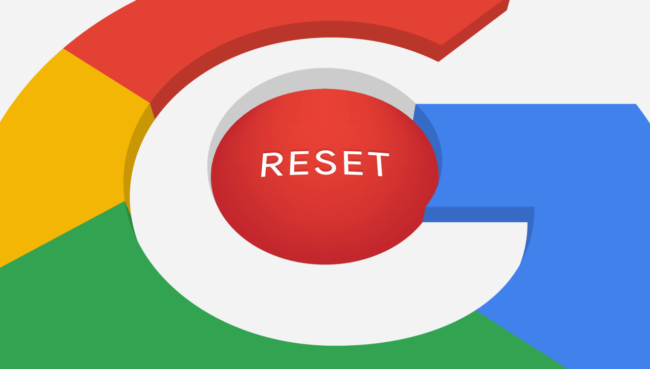
Artificial intelligence already operating for the benefit of health in England, DeepMind because Google provides technologies that help to monitor patients. And here it turned out that Google was found with Genomic England — a company founded by the Ministry of health, to develop the 100,000 genome project — to discuss whether to participate DeepMind.
If this happens, could decrease costs and accelerate genetic sequencing — potentially to science and its prosperity. But what are the risks of granting private companies access to sensitive genetic information?
Genome sequencing has enormous potential — it may provide the key to improving our understanding of a number of diseases, including cancer, and in the end to help find a cure for them. The draft genomes of 100 000 (100 000 Genomes Project) was established by the British government to sequence the genomes of 100,000 people, as you can see from the title. And this is not limited. In a new report the chief physician of great Britain, Sally Davis proposed the extension of the project.
However, the statement of the Ministry of health in response to the request for freedom of information has made it clear that the decision has been made. The Ministry said that the project will be integrated into a single national database of genomic data. The purpose of this is to support “medical care and research, as well as the acceleration of industrial use”. Although the project “will inevitably exceed the original 100 000 genomes, we don’t think we need to set limits on the number of genomes it can include”.

The cost of sequencing a genome in the national scope is enormous. The first human genome was sequenced for $ 3 billion. But twenty years later, Illumina, which is responsible for sequencing the 100 000 Genomes project, has produced a genome for $ 1,000, amazingly scostep costs. The application of machine learning in genomics — that is, the overall artificial intelligence has the potential to significantly reduce the cost further. Building a neural network, these algorithms can interpret a whole bunch of genetic, medical and environmental data to predict the health status of a person, for example, the risk of heart attack.
DeepMind is already working with the Ministry of health of England. In partnership with several trusts, the company has created various platforms, applications and systems machine learning for patient monitoring in different ways and alert clinical groups at risk.
But all this is very controversial. The company has announced the first wave of cooperation in February 2016, saying that creates an application that helps hospital staff to monitor patients with kidney disease. However, it later emerged that the agreement goes beyond these conditions and provides Health DeepMind access to large volumes of patient data — including, among other things, medical records of 1.6 million patients. Arose the assumption that the transmission had violated the law. The company argued that these patients “are never linked to Google products, services or Commerce”.
Google still insists on digitizing patient data. Representatives of Google and Genomics England met to discuss “the use of DeepMind, among other things,” for the analysis of genomic data.
Davis insists that these data should remain anonymous. The Ministry of health always promises that the medical data used in such initiatives, there will always be anonymous. Another question that arises in this regard whether they should remain such, if working with artificial intelligence algorithms can and should be useful for analyzing these data?
Google can access the data of the genome of patients. What?
Ilya Hel